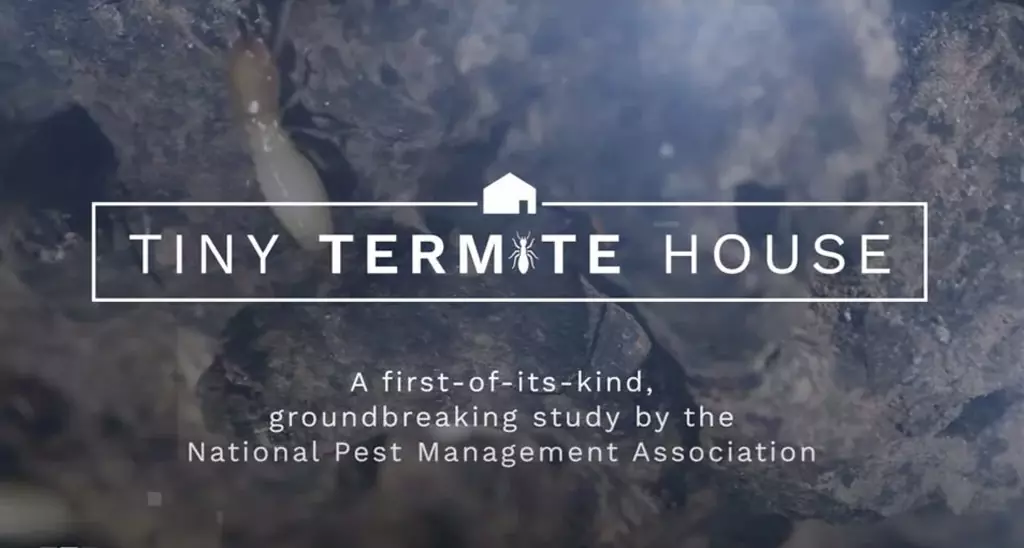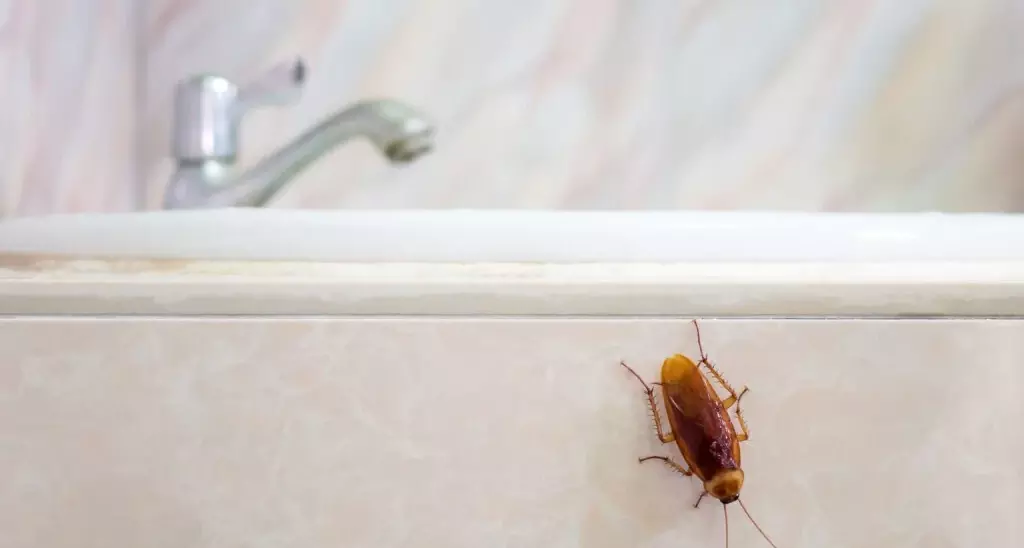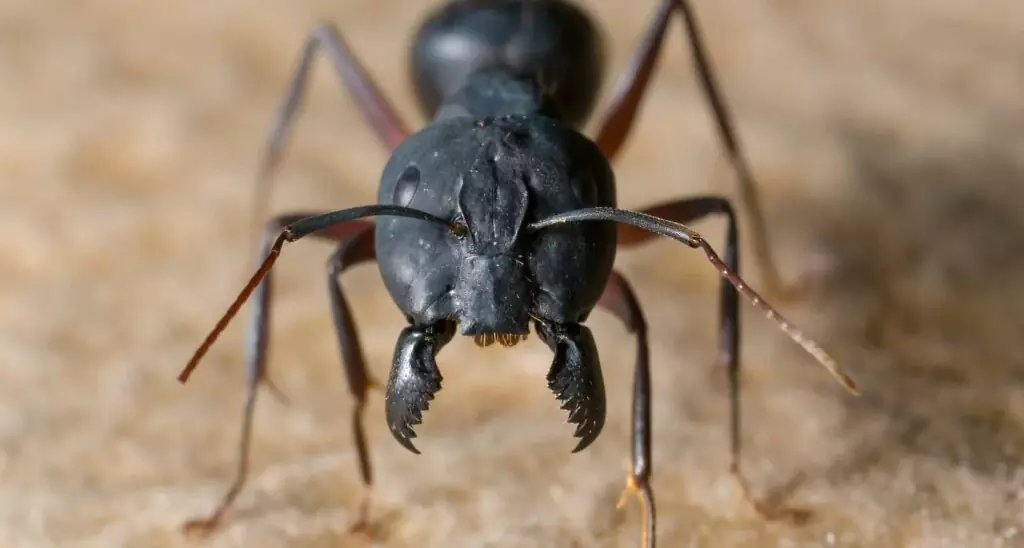Cutting Costs Doesn’t Mean Cutting Corners When It Comes to Pest Control
As a business owner, your goal is to eliminate everything that eats away at your profit, both figuratively and — in the case of pests — literally. Cutting costs to balance earnings versus expenses is an ongoing objective for savvy entrepreneurs looking to positively influence their bottom line.
Simple in theory, the problem is figuring out how to cut costs without detrimentally affecting customer experience, which could reduce sales and essentially negate the positive financial effects of your cost reduction measures. Buying non-perishable items in bulk or stocking up on generic cleaning products and other unbranded supplies such as take-out containers may look good on paper, but often the customer experience suffers, and a loss of business is the result.
Cost Control and Pest Control Are One in the Same
One area you should never cut corners: commercial pest control. One of the greatest risks to any business’s profit margin (but especially food-related ventures) is loss due to pests — a loss that is perfectly preventable with no negative effects on customer experience. However, it’s critical to rely on the services of a certified pest control professional, because improper pest control procedures can result in lawsuits, like those brought against Starbucks in 2019 for exposing customers to toxic pest-control chemicals.
Commercial businesses should use a program known as Integrated Pest Management, or IPM. IPM takes a “big picture” approach to pest control, relying on more than just pesticides and insecticides (although those can be a part of it, too) and making sure, for example, proper food storage procedures, stock rotation, waste removal policies, and cleaning protocols are all in place.
Questions to Ask a Pest Company Before You Hire Them
Any pest control company providing commercial services should be well-versed in IPM procedures and able to work cooperatively with your business to come up with the best and most affordable plan for your unique needs. That, however, is just the tip of the iceberg when it comes to selecting a pest control company for commercial services.
The Environmental Protection Agency has published a list of questions you should ask any potential pest control company you’re considering contracting with. These include:
- How many years have you been in business at your present address?
- Can you provide a list of references?
- Will the professionals providing pest control services be certified, licensed pesticide applicators and/or licensed technicians?
- Can I see a copy of your pest control license, copies of the labels for all the chemicals you will use, and the rates at which they will be applied?
The EPA has also issued the following red flags to look out for when interviewing pest control companies:
- The company wants to include non-pest-control-related services, such as tree trimming or offers a discount if you schedule immediately.
- The company does not have a listed or working telephone number.
- The company sells services door-to-door and/or targets the elderly or those who live alone.
- Arrives without an appointment and shows you dead pests they claim were collected from a neighbor’s house.
- You’re quoted a per-gallon price on termite control.
- The company claims to have a secret formula.
- You feel pressured to sign a contract.
- The company offers a discount on excess materials from a previous job.
- The company claims to have an official government endorsement (government agencies do not “endorse” pest control companies).
When it comes to your business or restaurant, don’t take chances with anything less than the best — Tell Us What’s Bugging You today.



